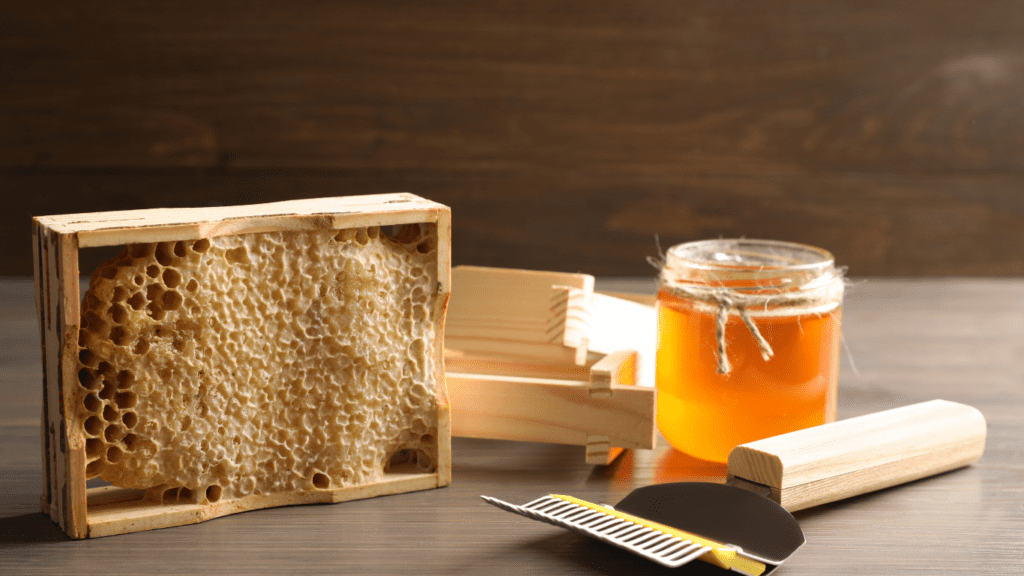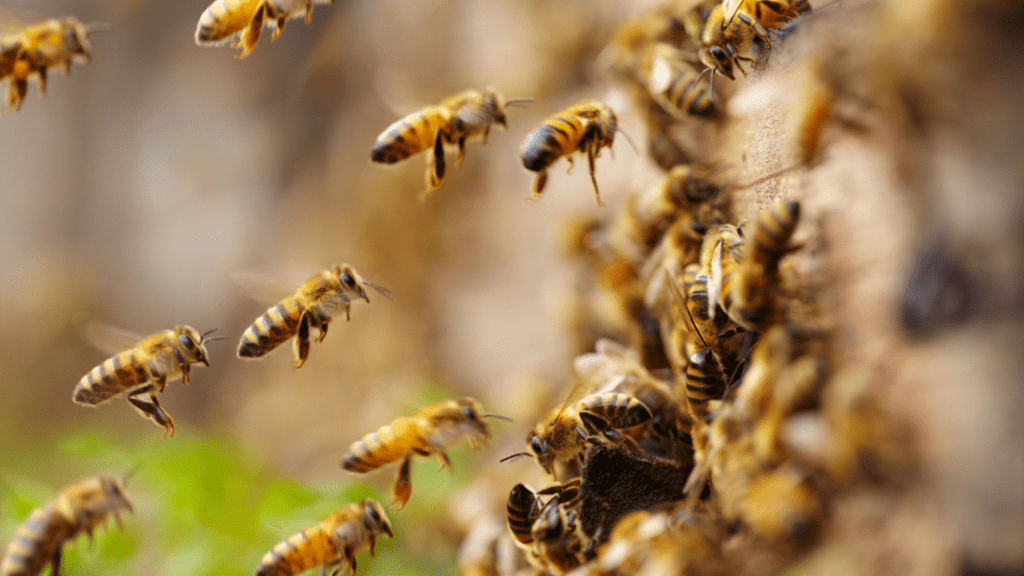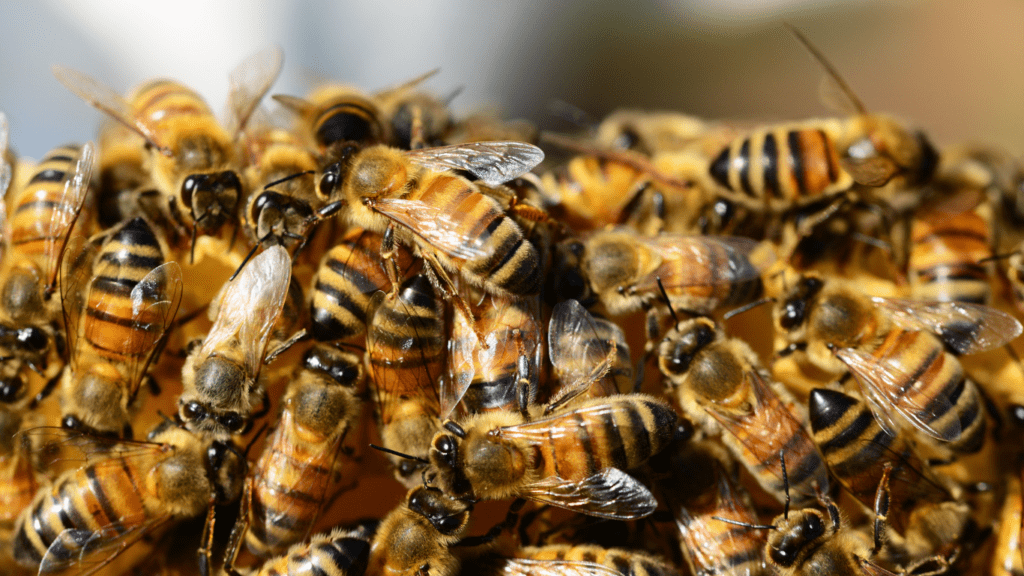Natural Remedies
Natural Remedies: Honey's Role in Home Remedies for Common Ailments
For centuries, honey has been treasured not only for its delectable taste but also for its medicinal properties. From soothing a sore throat to aiding in wound healing, honey has been a staple ingredient in various home remedies for common ailments. In this article, we will explore the role of honey in natural remedies, discussing its therapeutic benefits, key properties, and specific remedies for different health concerns.
Natural Remedies:
Honey is more than just a sweet treat; it offers a range of therapeutic benefits that make it a valuable addition to home remedies:
- Antibacterial Properties: Honey contains natural antibacterial compounds, such as hydrogen peroxide and phenolic compounds. These properties help fight against bacteria, making honey an effective remedy for minor infections and wound healing.
- Soothing and Anti-Inflammatory Effects: The viscous texture of honey helps soothe irritated tissues, providing relief from various discomforts. Additionally, honey’s anti-inflammatory properties can help reduce inflammation and swelling.
- Antioxidant Power: Honey is rich in antioxidants, which help protect cells from oxidative stress and support overall health and well-being.
- Nutritional Value: Honey contains vitamins, minerals, enzymes, and amino acids, providing nourishment and supporting the body’s natural healing processes.
- Sore Throat: Honey has long been used as a natural remedy for soothing a sore throat. Mix a tablespoon of honey with warm water or herbal tea, and sip slowly to relieve discomfort and alleviate coughing.
- Cough and Cold: Honey can help ease cough symptoms and provide relief from a common cold. Mix honey with lemon juice or warm water to create a soothing drink or add it to herbal cough syrups for its natural cough-suppressing properties.
- Wound Healing: Honey’s antibacterial and wound-healing properties make it an excellent remedy for minor cuts, burns, and abrasions. Apply a thin layer of honey to clean wounds to promote healing and prevent infection.
- Digestive Health: Honey can aid in digestive health by soothing the digestive tract and promoting a healthy gut. Consuming a teaspoon of raw honey or adding it to warm water can help alleviate indigestion and promote regularity.
- Skin Care: Honey’s moisturizing and antibacterial properties make it beneficial for various skin conditions. Apply honey topically to dry, irritated skin or mix it with other natural ingredients to create homemade masks or cleansers.
- Allergies: Some people believe that consuming local raw honey can help alleviate allergy symptoms. The theory is that exposure to small amounts of local pollen through honey consumption can desensitize the body’s immune response.
When using honey for home remedies, keep the following tips in mind:
- Opt for Raw, Unprocessed Honey: Raw honey retains more of its beneficial compounds as it hasn’t undergone extensive processing or heating. Look for locally sourced honey whenever possible.
- Use Caution for Infants: Honey is not recommended for infants under one year old due to the risk of botulism, a rare but serious illness.
- Quality and Storage: Store honey in a cool, dry place in a tightly sealed container to maintain its quality. Over time, honey may crystallize, but this doesn’t affect its medicinal properties.
- Allergy Precautions: While honey is generally safe, those with allergies to bees or pollen should exercise caution and consult a healthcare professional if uncertain.
Honey has a long-standing history as a natural remedy for various ailments. Its antibacterial, soothing, and healing properties make it a valuable ingredient in home remedies. Whether it’s soothing a sore throat, aiding in wound healing, or supporting digestive health, honey offers numerous therapeutic benefits. Embrace the power of nature’s golden elixir and incorporate honey into your home remedies, harnessing its medicinal properties for common ailments in a safe and natural way. However, it’s always advisable to consult a healthcare professional for severe or persistent health concerns.
More From The Hive:

Unveiling Turkey’s Sweet Symphony: Exploring Honey Types and Varieties
Turkey, a land where ancient traditions meet breathtaking landscapes, has a rich history of honey production and a remarkable diversity of honey types. With its diverse climate zones, vast floral resources, and a strong culture of beekeeping, Turkey offers an ideal environment for bees to gather nectar and create a

Discovering Ethiopia’s Golden Treasures: A Journey Through Honey Types and Varieties
Ethiopia, a land known for its rich history, vibrant culture, and breathtaking landscapes, is also celebrated for its diverse and high-quality honey production. With its lush forests, fertile valleys, and vast floral resources, Ethiopia offers an ideal environment for bees to thrive and create a wide range of honey types.

Getting Started with Beekeeping: Essential Equipment and Supplies
Starting your journey as a beekeeper is an exciting endeavor that allows you to connect with nature, support pollinators, and reap the rewards of honey production. To set yourself up for success, it’s crucial to have the right equipment and supplies. In this blog, we will guide you through the

Choosing the Right Hive: Exploring Different Beehive Types
Selecting the right beehive is a crucial decision for beekeepers. The beehive serves as the home for your honeybee colony and plays a vital role in its success and productivity. With various hive types available, it’s important to understand their unique characteristics and suitability for your beekeeping goals. In this

The ABCs of Bees: A Beginner’s Guide to Understanding Bee Basics
Bees are incredible creatures that have been buzzing around for millions of years, playing a vital role in our ecosystem. From pollinating flowers to producing delicious honey, bees are an integral part of our natural world. If you’re new to the world of bees and want to unravel the secrets

The Secret Life of Bees: Unraveling the Intricacies of Bee Behavior
Bees, with their intricate social structure and fascinating behaviors, lead a secret life that is both awe-inspiring and complex. As we delve into the hidden world of bees, we uncover a realm of communication, cooperation, and efficiency that is vital to their survival and our ecosystem. In this blog, we
